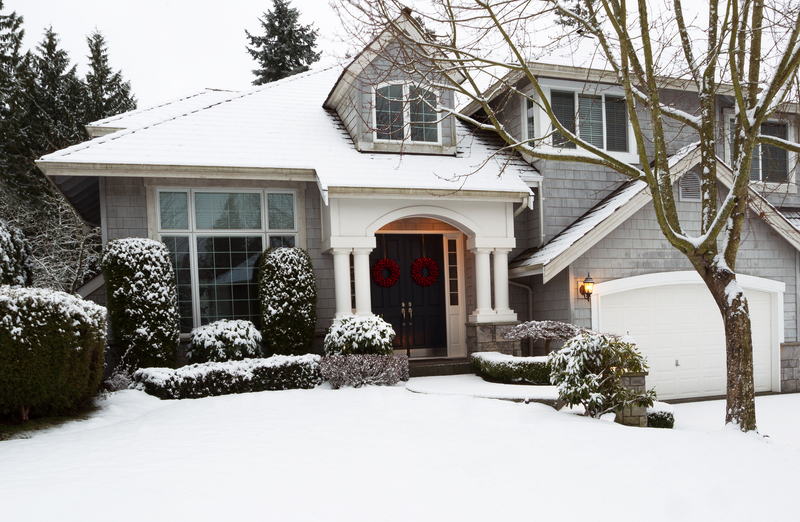In some areas, winter is just overcast season and cooler air, others have only light snow at the coldest days; but at other areas, winter can be particularly severe with thick snow and sub-zero temperature. If we are living in particularly cold areas during winter, we should look for ways to stay warmer and safe; while reducing our energy bills.
- Clean and fix rain gutters: This could be something that we skip unintentionally and this bad situation could end up bite us during the cold winter. All the leaves can prevent water from flowing smoothly and this may cause ice formations. Our rain gutters could get damaged and eventually water may find its way into our house. We should regularly clean our rain gutter during fall and just before winter.
- Put storm windows and doors: Sometimes the wind can blow strongly during the winter and storm windows or doors could provide an extra layer of protection. They could make a significant heat difference in our house and this could translate into a long-term saving. They should be a lifesaver during especially nasty weathers.
- Check and fix roof: This may seem like a no brainer, but we should check our roofs for holes and cracks. We shouldn’t allow leakage from seeping into ceiling insulation or attic. There’s no way we could fix a roof covered with thick snow that’s leaking water steadily into the interior.
- Trim shrubs and trees: We may have beautifully manicured shrubs and trees during the summer. However, snow and cold weather could cause significant damage to plants. In this case, we need to mulch and trim our plants and use wood support of possible. Trimming is particularly essential if we have big trees around the house with their large branches. They could break and damage our house when snow starts to accumulate.
- Fix cracked cements: Ice can be very terrible to cement slabs and it could get into the smallest cracks on the surface. Eventually, ice could make cracks bigger and break the whole slab apart. Before the winter arrives, we should check our entryway for cracks and see whether we could repair them.
- Prepare AC units for winter: Obviously, we don’t need air conditioning during winter. However, we should check our AC units for leftover water. If it freezes during the winter, the resulting damage may cause a rather hefty repair bill during the summer.
- Check insulation: This is a very important thing to do and we should check ceiling vents, door cracks and windows sill for leaks. Hot air could escape outside or cold draft could find its way into our office. Proper insulation should keep our house warmer and fixing those small cracks should be very easy to do. Some of the cracks could be detected only during the winter, so we could use clothes or old blankets to prevent the exchange of air. To reduce heating costs, we should also consider wearing thicker clothes at home.

